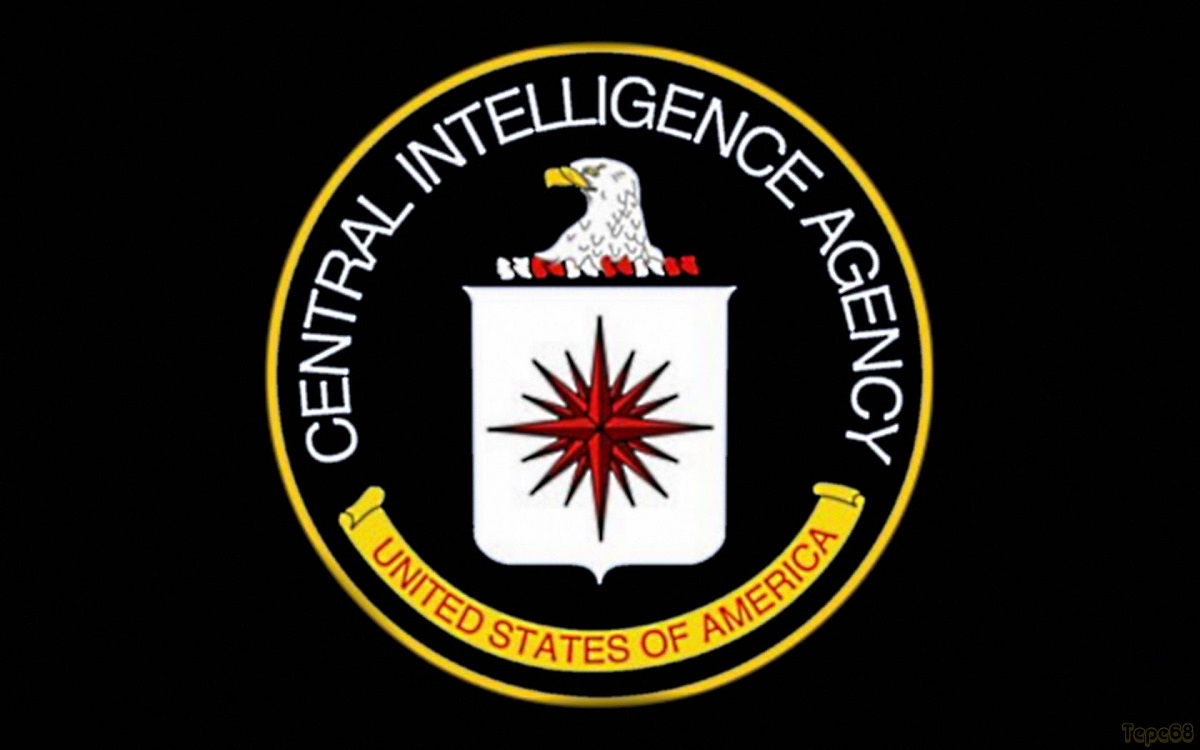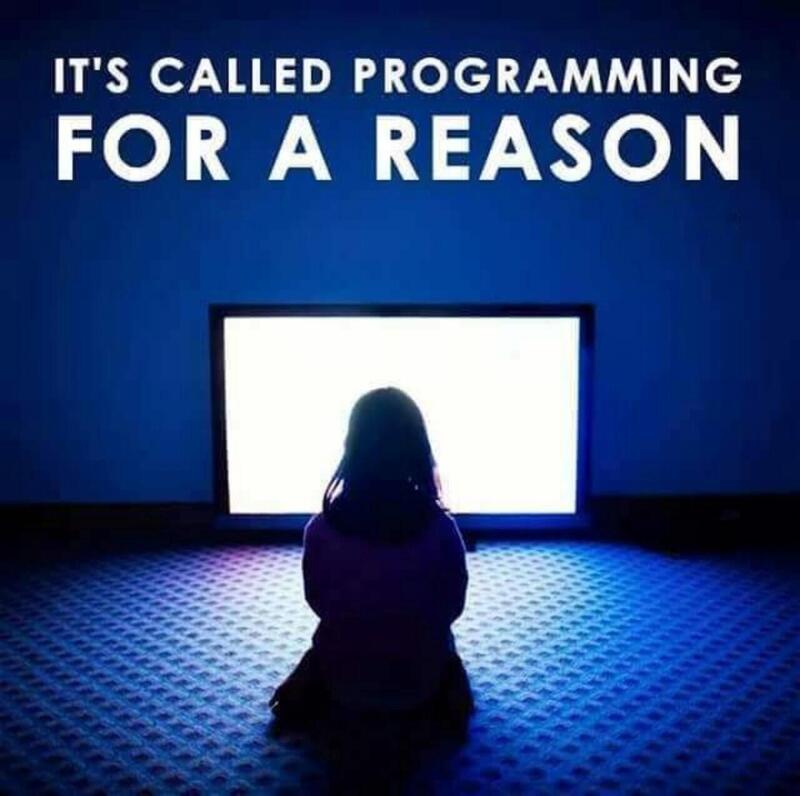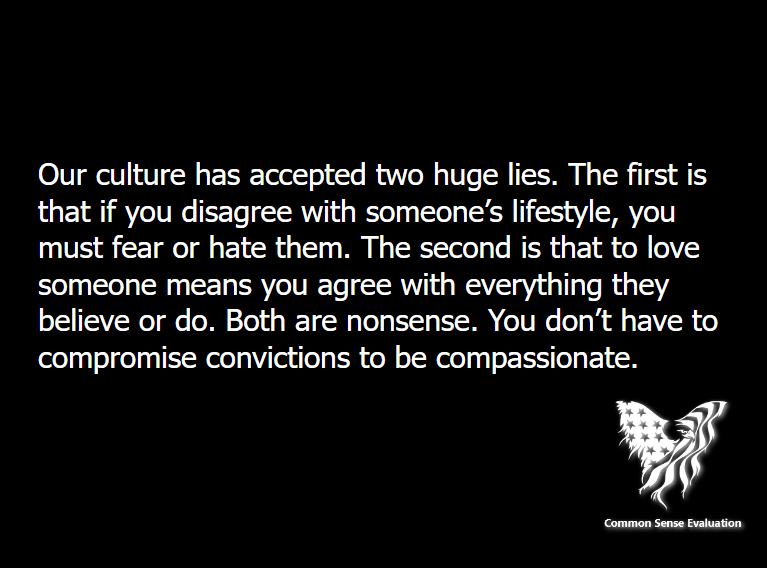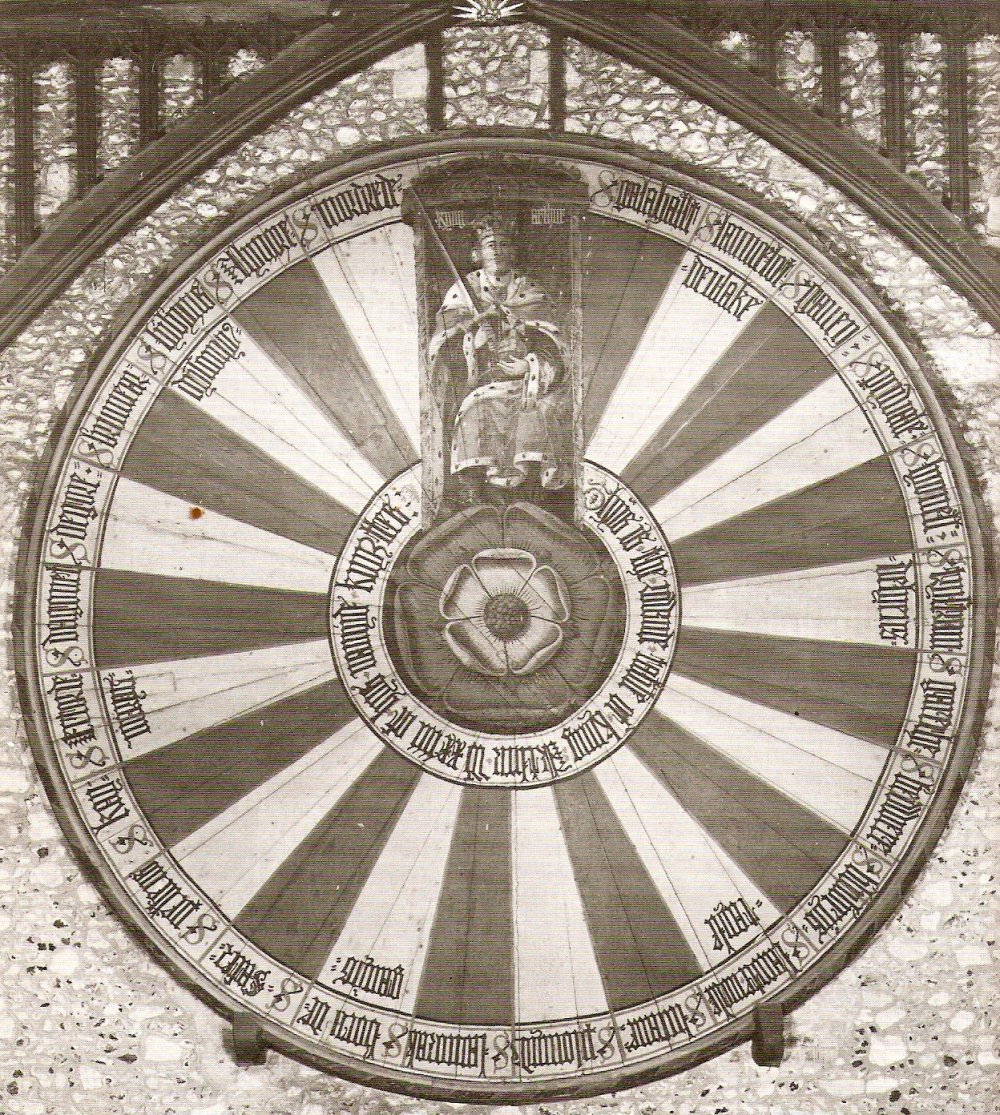The people that were screaming about Trump’s tax returns are awfully quiet about the Biden Crime Family bank records.
Tag: Mainstream Media
Operation Mockingbird: Exposing the Sinister Manipulation
In the depths of history lie tales of clandestine operations that blur the lines between fact and fiction. Among these is Operation Mockingbird, a covert endeavor that entwined the worlds of intelligence agencies and media outlets in a web of manipulation. As we dig into the secrets and consequences of this infamous operation, a sinister conclusion emerges, painting a chilling picture of the power struggles that shape our information landscape.
Uncovering Operation Mockingbird
Operation Mockingbird, initiated by the CIA during the Cold War era, sought to influence and control media outlets both domestically and abroad. This audacious scheme aimed to shape public opinion, spread propaganda, and advance the agenda of the intelligence community. By infiltrating news organizations, journalists, and even prominent figures, the operation set the stage for a disturbing dance between truth and deception.
Dark Machinations
The extent of Operation Mockingbird’s influence is difficult to fathom. It orchestrated the dissemination of propaganda, shaping public perception on a range of issues, including foreign policy, political campaigns, and even social movements. The very fabric of the Fourth Estate, meant to be a bastion of truth and accountability, was tainted by unseen puppeteers pulling the strings behind the scenes.
By exploiting the vulnerability of the media, Operation Mockingbird blurred the line between journalism and propaganda, warping public discourse and manipulating the masses. With hidden agendas lurking beneath the surface, the authenticity of information became suspect, eroding the foundations of trust upon which a healthy democracy depends.
A Chilling Conclusion
As we confront the dark legacy of Operation Mockingbird, we are forced to confront a harrowing conclusion. The operation’s clandestine maneuvers have left an indelible mark on the media landscape, perpetuating a culture of skepticism and mistrust. The ramifications of its actions continue to reverberate in the present day, where the battle for truth and the relentless pursuit of authenticity remain ongoing struggles.
Moreover, Operation Mockingbird serves as a stark reminder that the dissemination of information is not immune to manipulation. In an era characterized by an overwhelming abundance of news sources and a relentless stream of information, the specter of covert operations still lingers. The power to shape public opinion, mold narratives, and influence the course of events remains an ominous temptation for those who seek to control.
Ultimately, the dark conclusion that emerges from Operation Mockingbird is a chilling one. It underscores the importance of vigilance, critical thinking, and a relentless commitment to seek the truth. Only by acknowledging the shadows that lurk beneath the surface can we hope to dismantle the web of manipulation that threatens the very fabric of our democratic society.
Operation Mockingbird stands as a stark reminder of the dangerous alliance between intelligence agencies and media manipulation. The operation’s tentacles reached far and wide, forever changing the landscape of journalism and public discourse. As we grapple with its legacy, we must remain vigilant in our pursuit of transparency, truth, and an unyielding commitment to uncover the secrets that lie hidden in the shadows. Our collective ability to shine a light on the darkest corners of manipulation will be the key to reclaiming the integrity of the information that shapes our world.
The Round Table Group
Throughout history, secretive organizations have captivated the imagination of many. One such group that has garnered attention and sparked countless conspiracies is the Round Table Group. With its origins rooted in the late 19th century, the Round Table Group has become a subject of fascination and speculation. This article aims to explore the history, objectives, and some of the conspiracies surrounding this enigmatic organization.
The Historical Origins
The Round Table Group was founded in 1891 by British imperialist Cecil Rhodes, who made a fortune in mining and diamond industries in Southern Africa. Rhodes envisioned a secret society that would work towards promoting the British Empire and furthering its influence across the globe. The group took its name from King Arthur’s legendary round table, symbolizing equality and collaboration.
Objectives and Influence
The primary objective of the Round Table Group was to maintain and expand the British Empire’s dominance. The members, consisting of influential figures from various fields, aimed to achieve this through a strategy known as “Anglo-Saxonism.” They sought to unite the English-speaking nations, including Britain, the United States, Canada, Australia, and New Zealand, to form an unbreakable alliance.
The Round Table Group played a significant role in shaping British foreign policy, particularly during the early 20th century. It exerted its influence through various channels, including influential think tanks, educational institutions, and political lobbying. The organization was instrumental in establishing the Royal Institute of International Affairs (RIIA) in London and its American counterpart, the Council on Foreign Relations (CFR), in New York City. Both institutions have since played pivotal roles in shaping global affairs and policy.
Conspiracies Surrounding the Round Table Group
As with any secretive organization, the Round Table Group has attracted its fair share of conspiratorial claims. Here are a few notable theories:
- Global Domination: According to this theory, the Round Table Group is purported to be an elitist organization striving for global domination through control of world governments, economies, and resources. It alleges that the group influences key decision-makers and orchestrates events to serve its own interests.
- New World Order: This conspiracy theory suggests that the Round Table Group is part of a larger plan to establish a “New World Order.” It claims that the organization aims to create a unified global government, eroding national sovereignty and individual freedoms in the process.
- Manipulation of World Events: Some theories suggest that the Round Table Group plays a clandestine role in orchestrating significant world events, such as wars, financial crises, and political assassinations. Proponents of these theories argue that the organization operates behind the scenes, pulling the strings of power.
- Secretive Control of Media: Another conspiracy alleges that the Round Table Group controls mainstream media outlets, allowing it to shape public opinion, suppress dissent, and control the dissemination of information.
The shadows cast by the Round Table Group stretch far and wide, leaving a trail of suspicion, manipulation, and hidden agendas. While its stated objective was the maintenance of the British Empire’s dominance, there are darker theories that suggest a more sinister motive.
Conspiracy theories surrounding the Round Table Group paint a grim picture of a clandestine organization seeking nothing less than total global control. These theories propose that the group manipulates world events, controls governments and economies, and molds public opinion through its influence over mainstream media. The idea of a hidden elite orchestrating wars, financial crises, and political assassinations to further their own agenda is chilling, to say the least.
The concept of a “New World Order” emerges from the shadows, suggesting that the Round Table Group is just one piece of a larger puzzle—a puzzle that aims to dismantle national sovereignty, erode personal freedoms, and establish a monolithic global government. The implications of such a scenario are dystopian, where individual autonomy is crushed, dissent is silenced, and power lies firmly in the hands of a select few.
While it is vital to approach conspiracy theories with skepticism and critical thinking, dismissing them entirely would be a disservice to the pursuit of truth. The influence wielded by secretive organizations is undeniable, and history has shown that power often rests in the hands of a privileged few. The Round Table Group, with its web of connections and far-reaching influence, remains a compelling subject of speculation, inviting us to question the forces that shape our world.
In the end, the Round Table Group serves as a reminder that the pursuit of power and control can lead down dark paths. As we navigate the complexities of global affairs, it is crucial to remain vigilant, question the motives of those in positions of influence, and strive for a world where transparency, justice, and individual liberties prevail.




